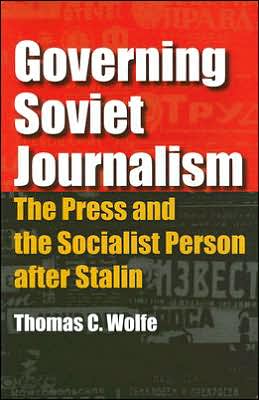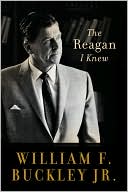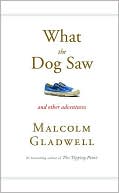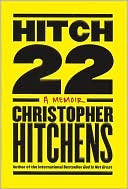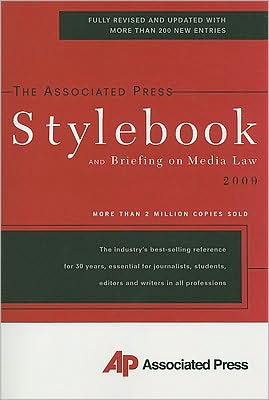Governing Soviet Journalism: The Press and the Socialist Person after Stalin
The Soviet project of creating a new culture and society entailed a plan for the modeling of "new" persons who embodied and fulfilled the promise of socialism, and this vision was expressed in the institutions of government. Using archival sources, essays, and interviews with journalists, Thomas C. Wolfe provides an account of the final four decades of Soviet history viewed through the lens of journalism and media. Whereas most studies of the Soviet press approach its history in terms of...
Search in google:
The Soviet project of creating a new culture and society entailed a plan for the modeling of "new" persons who embodied and fulfilled the promise of socialism, and this vision was expressed in the institutions of government. Using archival sources, essays, and interviews with journalists, Thomas C. Wolfe provides an account of the final four decades of Soviet history viewed through the lens of journalism and media. Whereas most studies of the Soviet press approach its history in terms of propaganda or ideology, Wolfe's focus is on the effort to imagine a different kind of person and polity. Foucault's concept of governmentality illuminates the relationship between the idea of the socialist person and everyday journalistic representation, from the Khrushchev period to the 1990s and the appearance of the tabloid press. This thought-provoking study provides insights into the institutions of the Soviet press and the lives of journalists who experienced important transformations of their work. Ellen Mickiewicz, Duke University - Journal of Cold War Studies . . . offers an interesting narrative of the stance of the press across different periods. The material from the former party archive is particularly interesting . . .
1Journalism and the person in the Soviet sixties332Agranovskii's essays713Journalism against socialism, socialism against journalism1044Perestroika and the end of government by journalism1435Teaching tabloids176
\ Journal of Cold War Studies"... Governing Soviet Journalism offers an interesting narrative of the stance of the press across different periods. The material from the former party archive is particularly interesting..." —Journal of Cold War Studies\ \ \ \ \ Choice"One of the author's purposes is to reveal that the Soviet press was more than propaganda. Consequently, he emphasizes its educational function. Wolfe (Univ. of Minnesota) approaches the Soviet press from a Foucaultist premise and is on the right track, pointing out that the function of the press, regardless of the ideological system, is to service the state. This is not to say that since the governments are different, that the presses in many particulars would not also be different. For example, the Soviets did not have a secondary press that was free of corporate influences. Regretfully, Wolfe has limited his study to the late Soviet press from the time of Brezhnev to Gorbachev's perestroika, when the Soviet state paradigm began to peter out. The work is well footnoted and contains an extensivebibliography. Summing Up: Recommended. College and research libraries.—A. Ezergailis, Ithaca College" —Choice, December 2006\ \ \ Kritika: Explorations Russian & Eurasian History[Draws] on recent theories of media and communication [and] also deserves to be read as one of the most compelling arguments available for the utility of the Foucauldian concept of governmentality. The importance of attending to the ways in which different kinds of modern subjects have been shaped through the regulation of the 'conduct of conduct' are nowhere more effectively and lucidly explored than here....—Douglas Rogers, Miami University, Kritika: Explorations Russian & Eurasian History, Vol. 7.3 2006\ — Douglas Rogers, Miami University\ \ \ \ \ \ Kritika : Explorations Russian & Eurasian History"[Draws] on recent theories of media and communication [and] also deserves to be read as one of the most compelling arguments available for the utility of the Foucauldian concept of governmentality. The importance of attending to the ways in which different kinds of modern subjects have been shaped through the regulation of the 'conduct of conduct' are nowhere more effectively and lucidly explored than here...." —Douglas Rogers, Miami University, Kritika: Explorations Russian & Eurasian History, Vol. 7.3 2006\ — Douglas Rogers, Miami University\ \ \ \ \ \ Journal of Cold War Studies. . . offers an interesting narrative of the stance of the press across different periods. The material from the former party archive is particularly interesting . . . \ —Ellen Mickiewicz, Duke University\ \
